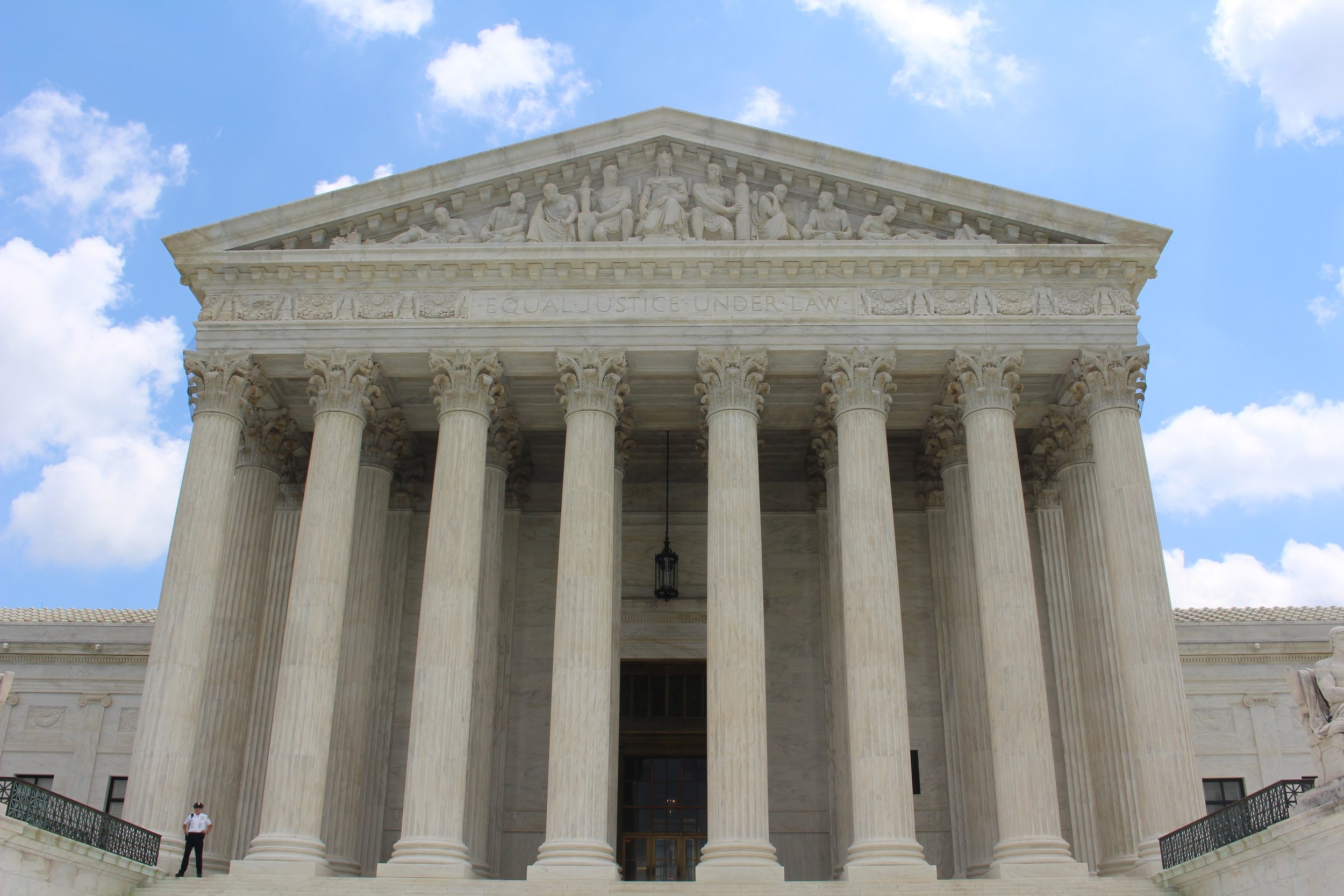Lawyer's Guide to Habeas Corpus: Safeguarding Your Flexibility and Civil liberties
Lawyer's Guide to Habeas Corpus: Safeguarding Your Flexibility and Civil liberties
Blog Article
Recognizing the Duty of a Post-Conviction Attorney in Seeking Justice After a Criminal Conviction
In the complicated landscape of post-conviction lawful procedures, the role of a post-conviction legal representative is crucial in browsing the path to justice after a criminal conviction - top hawaii federal lawyers. As the search of justice extends beyond the confines of preliminary proceedings, the function of a post-conviction lawyer arises as a beacon of hope for those looking for to remedy oppressions and recover their legal rights within the legal system.
Post-Conviction Attorney's Investigatory Job
Post-conviction attorneys involve in careful investigative job to discover new evidence, step-by-step mistakes, or transgression that can possibly bring about rescinding a conviction. This investigatory stage is important in the post-conviction process as it intends to determine any neglected information or lawful bad moves that may have influenced the outcome of the preliminary test. Post-conviction attorneys explore instance documents, witness statements, and legal paperwork with a fine-tooth comb, searching for any type of discrepancies or abnormalities that could be grounds for allure.
Through complete investigation, post-conviction legal representatives aim to shed light on prospective oppressions that might have taken place throughout the initial trial. By inspecting every element of the lawful process, post-conviction lawyers function relentlessly to reveal any factors that may have affected the judgment.
Crafting Appeals and Petitions
In the search of justice after a sentence, competent attorneys thoroughly craft allures and applications to existing engaging disagreements for the reconsideration of lawful choices. Crafting charms and requests needs a deep understanding of the lawful system, interest to detail, and tactical thinking. Post-conviction lawyers analyze trial records, recognize possible mistakes or infractions of legal rights, and establish legal arguments to test the conviction or sentence.
When crafting an allure, legal representatives focus on highlighting lawful mistakes that may have impacted the end result of the case. They look into case regulation, statutes, and legal precedents to sustain their disagreements. Petitions, on the other hand, may include providing brand-new evidence that was not offered throughout the trial or demonstrating changes in the regulation that call for a review of the sentence.
In addition, post-conviction attorneys should stick to stringent procedural regulations and deadlines when filing charms and petitions. They must present their disagreements plainly and persuasively to persuade the court to grant alleviation to their customers. With careful crafting of allures and petitions, post-conviction legal representatives aim to secure justice for individuals who have been wrongfully founded guilty or unfairly sentenced.

Going After Post-Conviction Alleviation
Post-conviction alleviation incorporates an array of legal devices designed to test the validity of a sentence or sentence. Post-conviction attorneys play an important role in navigating these complex treatments, making sure that all legal choices are explored to remedy injustices that might have occurred throughout the trial or sentencing stage.
One usual type of post-conviction relief is submitting a petition for post-conviction relief, commonly based on insurance claims of inadequate assistance of advice, prosecutorial misbehavior, freshly found evidence, or constitutional offenses. Experienced post-conviction lawyers possess the abilities and knowledge required to identify feasible lawful insurance claims, conduct investigations, and present compelling disagreements to protect relief for their customers.
Making Use Of Forensic Evidence
When testing a sentence or sentence, the calculated use of forensic proof can be a powerful device in post-conviction legal proceedings. Forensic proof incorporates a vast array of clinical techniques used to explore criminal activities and develop realities in court. Post-conviction attorneys can take advantage of forensic evidence to test the legitimacy of sentences by providing brand-new clinical searchings for that were not offered throughout the original test.

Taking Part In Sentence Adjustments
Post-conviction legal representatives might explore the opportunity of sentence alterations as a lawful method to attend to out of proportion or unjust sentences bied far in criminal situations. Sentence modifications entail looking for modifications to the terms of an accused's sentence after a sentence has actually happened. These modifications can consist of decreasing the size of a sentence, changing the type of penalty imposed, or checking out alternative sentencing choices.
Post-conviction legal representatives can seek sentence alterations with numerous lawful systems, such as submitting movements for sentence reduction, appealing for thoughtful launch, or negotiating appeal visit homepage deals for decreased sentences. They should meticulously assess the conditions of the case, evaluate the lawful grounds for seeking a modification, and existing engaging disagreements to the court sustaining the need for a modified sentence.
Participating in sentence adjustments needs a comprehensive understanding of criminal legislation, sentencing guidelines, and the particular procedures entailed in looking for post-conviction alleviation. Post-conviction attorneys play a crucial duty in advocating for reasonable and simply outcomes by difficult sentences that are unduly rough or do not align with the principles of justice.
Conclusion
To conclude, the duty of a post-conviction attorney is vital in looking for justice after a criminal conviction. Through investigatory work, crafting appeals and petitions, seeking post-conviction alleviation, using forensic evidence, and participating in sentence modifications, these attorneys play a crucial function in supporting for their clients and making certain that their legal rights are upheld within the criminal justice system. Their dedication and experience are necessary in navigating the complexities of post-conviction process and achieving a reasonable outcome for people dealing with criminal sentences.
Report this page